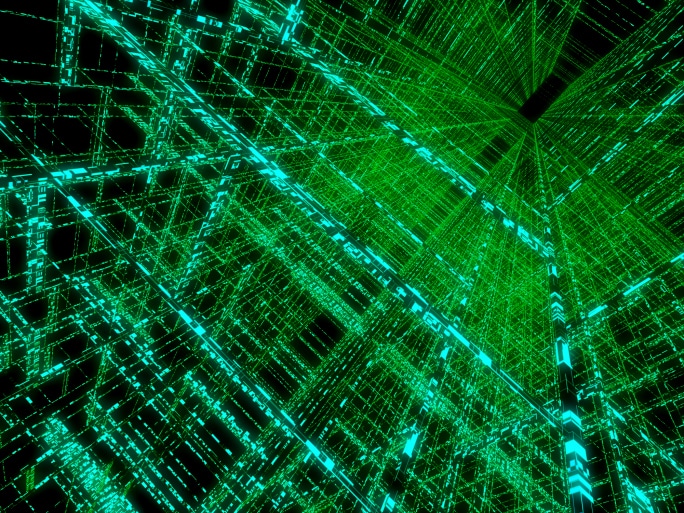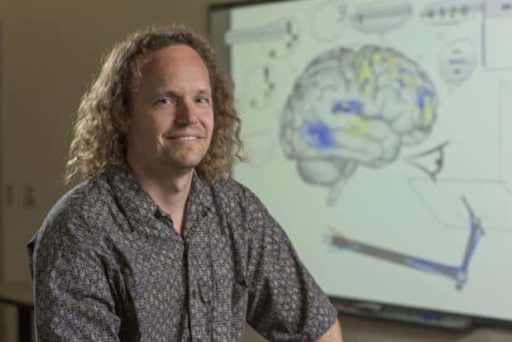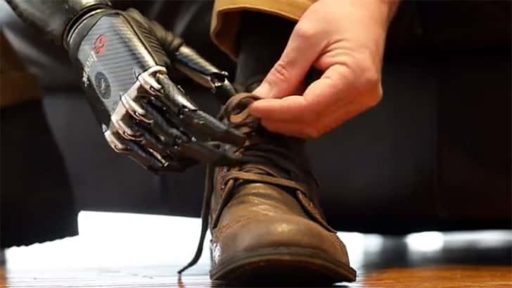Contrary to what many think, modern reference to the possibility that we live in a simulated universe was floated by Philip K. Dick far before the Matrix trilogy. A mathematician has now weighed in on the subject, stating that there’s a high probability that ours is indeed a simulated universe.
Our universe is governed by certain laws – those of physics, maths and such which seem definite and unalterable. These laws govern everything, or nearly everything, within the universe. But the question is, can the presence of such laws be a proof enough to suggest that we live in a real world or could they have been created by someone formulating a very advanced simulation.
Edward Frenkel is a mathematician who recently penned down an article in New York Times, exploring the very concept. Given his field, Frenkel specifically argues about the discovery of definite mathematical truths which always remain the same.
According to him, “One fanciful possibility is that we live in a computer simulation based on the laws of mathematics — not in what we commonly take to be the real world. According to this theory, some highly advanced computer programmer of the future has devised this simulation, and we are unknowingly part of it. Thus when we discover a mathematical truth, we are simply discovering aspects of the code that the programmer used.”
Frenkel then cites a very interesting hypothesis by Oxford philosopher Nick Bostrom who says that since such simulations are possible in theory, they are possible in practice, if not now then at some point in the future. And once it becomes possible to create one of such simulations, it would be possible to create countless others so much so that the probability of us living in a simulation outnumbers the probability that we don’t.
The conundrum is by no means new but today, there are ways to determine whether or not we live in a simulated world. A group of researchers at University of Washington, for instance, claimed back in 2012 that any simulation must have limitations and that we can test the authenticity of our lives by seeking out such limitations.
Another possibility of discerning the reality of our world is to discern anomalies. That’s because the computer simulations that humans have created so far come with their list of anomalies. Such anomalies, certain physicists argue, are bound to be a part of our world too if we are to consider that we live in a simulation.
However, most of this is all on paper and in theory for now. But with the advancements in science and technology, it may just become possible to test the limits and constraints of our universe and more closely seek out the anomalies, if there are any. But even more critically significant is the question that what will we do if we discover that we indeed live in a simulated world? Clearly, some answers are harder to reckon than their questions.
Source: NYT
[ttjad]




